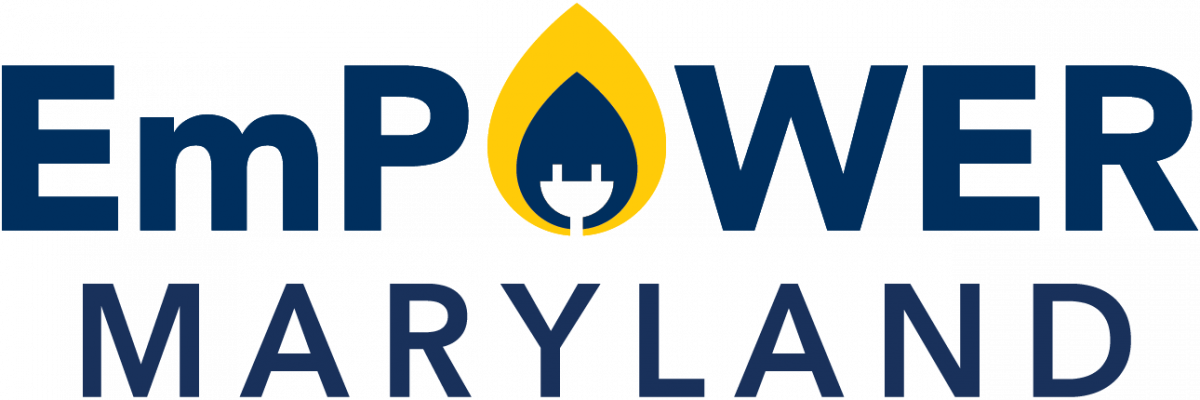Additional Funding & Financing Opportunities
Businesses of any size can benefit from energy efficiency improvements. Doing so can significantly reduce your operational costs and lower your energy bills. By doing your part to reduce greenhouse gas emissions, you’ll enhance your company’s reputation for sustainability while improving the comfort of your employees and customers.
Although improvement projects can feel daunting, Pepco can help alleviate the stress. Our programs offer a variety of opportunities designed to help businesses use less energy and save money. When your project requires additional financial help, several resources are available.

EmPOWER Maryland programs are funded by a charge on your energy bill. EmPOWER programs can help you reduce your energy consumption and save you money. To learn more about EmPOWER and how you can participate, click here.
.jpg)